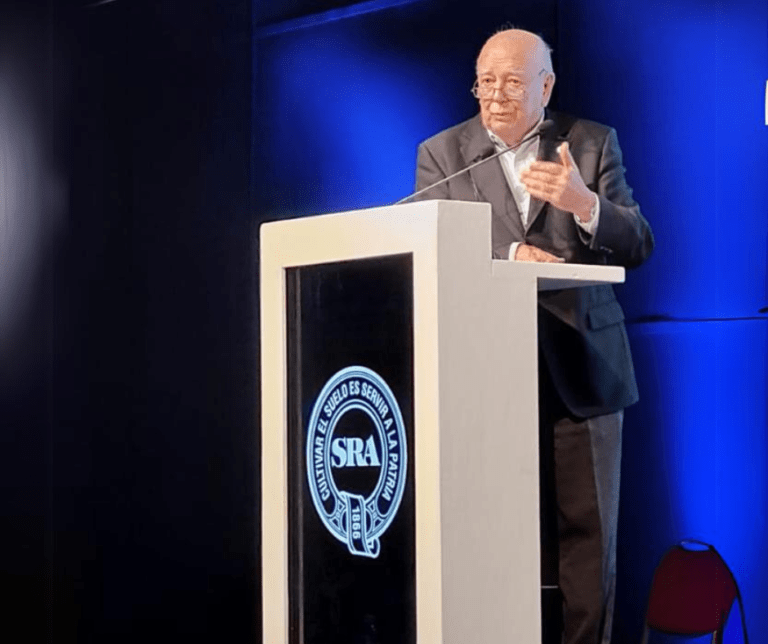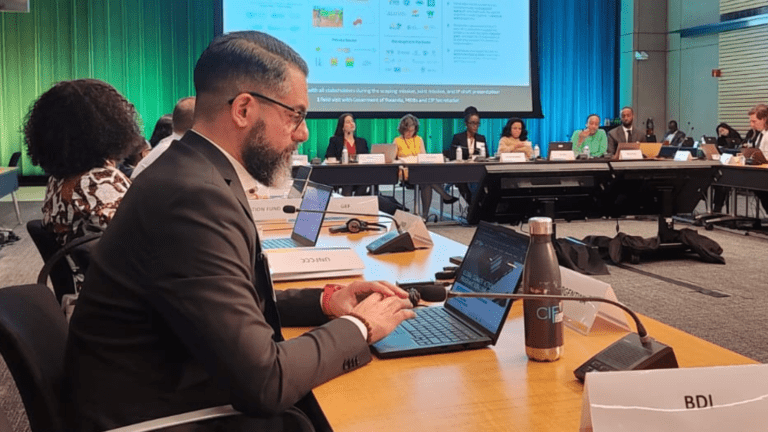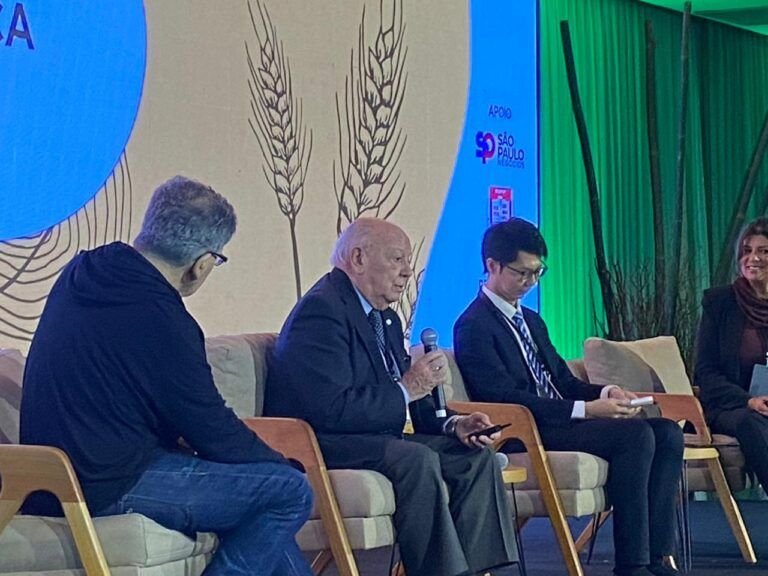GPS-Paddy Ashdown Forum-European Liberal Forum-We Are Innovation
4 de octubre de 2022
La seguridad alimentaria es un tema delicado ya que el MERCOSUR es uno de los mayores exportadores de alimentos del mundo. En consecuencia, esto ha creado algunos conflictos internos dentro de la UE (como se discutió en el seminario web n. ° 1), como que se ha argumentado que, por ejemplo, MERCOSUR puede no cumplir con las regulaciones sanitarias y fitosanitarias (MSF), lo que podría reducir el costo de los alimentos. producción y poner en riesgo a los consumidores de la UE. Sin embargo, el objetivo del acuerdo también es garantizar la seguridad alimentaria y proteger la salud pública. De hecho, la seguridad alimentaria juega un papel central en el desarrollo y el bienestar de las poblaciones, especialmente en los entornos más vulnerables: específicamente, el ODS 2 (Objetivos de Desarrollo Sostenible (ODS) de la ONU). Este ODS tiene como objetivo garantizar el acceso y la disponibilidad de alimentos nutritivos para las personas y garantizar nuevas formas de productividad agrícola que mejoren la seguridad alimentaria a nivel mundial, a través de métodos sostenibles y respetuosos con el medio ambiente.
De hecho, la Cumbre Mundial sobre la Alimentación (Roma 1996) establece: “Existe seguridad alimentaria cuando todas las personas, en todo momento, tienen acceso físico y económico a suficientes alimentos seguros y nutritivos que satisfagan sus necesidades dietéticas y preferencias alimentarias para una vida activa y saludable”. . Esta definición introdujo cuatro dimensiones de la seguridad alimentaria y, en gran parte, la seguridad alimentaria se incluye en esta definición y se utiliza principalmente para describir las medidas sanitarias y fitosanitarias.
Speakers
Marcelo Regúnaga, Coordinador Foro Argentina GPS.
Max Primorac, Director del Douglas and Sarah Allison Center for Foreign Policy en la Heritage Foundation
Moderator: Dr. María García, SL International Political Economy, Head of the Department of Politics, Languages and International Studies, University of Bath.
Series «The EU-Mercosur agreement»
Negotiations on the free trade agreement between the EU and the Mercosur nations of Brazil, Argentina, Uruguay and Paraguay have taken more than 20 years. For many, this free trade agreement is seen as undermining the EU's climate ambitions, as well as being a threat to sustainability on the South American continent. The webinar series will provide accurate and validated expertise on this Agreement, the criticism it has provoked, and its impact on climate and the environment. In addition to the webinars, a series of articles written by the experts will be published.
The four webinars will discuss:
Protectionism: does it show its face?
How can cooperation strengthen food security?
Free trade as a tool to save the environment
Where is the EU/Mercosur FTA going and why is it important?



